Small island off B.C. coast returned to local First Nation
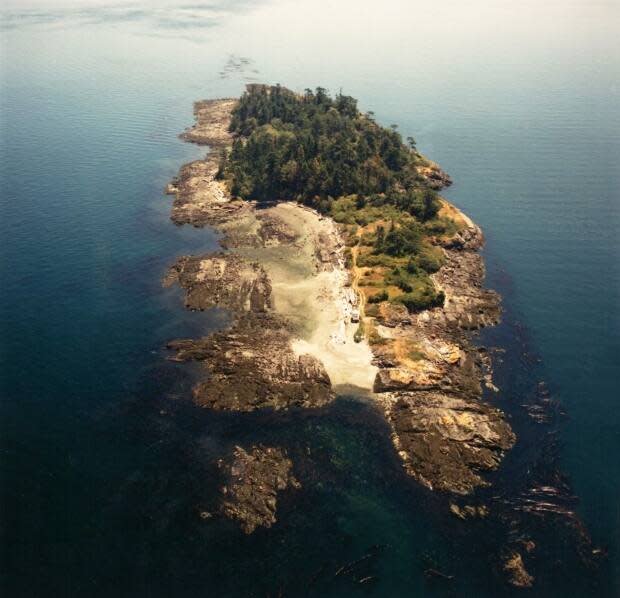
The Land Conservancy of British Columbia and the W̱SÁNEĆ leadership council have partnered to transfer a small parcel of land near Vancouver Island back to its original inhabitants.
SISȻENEM, also known as Halibut Island, is a 9.67-acre island off the east coast of Sidney Island. The Land Conservancy of B.C. recently purchased it for $1.55 million with the help of a donor.
Chief Don Tom, Tsartlip First Nation and chair of the W̱SÁNEĆ leadership council, says reconciliation is everyone's responsibility and the return of SISȻENEM to the W̱SÁNEĆ is an important step in that direction.
"It shows that reconciliation doesn't have to wait for government's lead and that we can all do our part to protect the environment and help heal the W̱SÁNEĆ people," Tom said in a written statement.
SENĆOŦEN, the language of the W̱SÁNEĆ First Nations on Vancouver Island's Saanich Peninsula, is written in a mainly upper-case alphabet.
'Ecological and cultural jewel'
The Land Conservancy of B.C. says the land transfer is the first of its kind between a land trust and an Indigenous community in Canada.
The organization and the W̱SÁNEĆ leadership council say they will work together to develop a land management plan based on Indigenous principles including cultural, educational and research purposes.
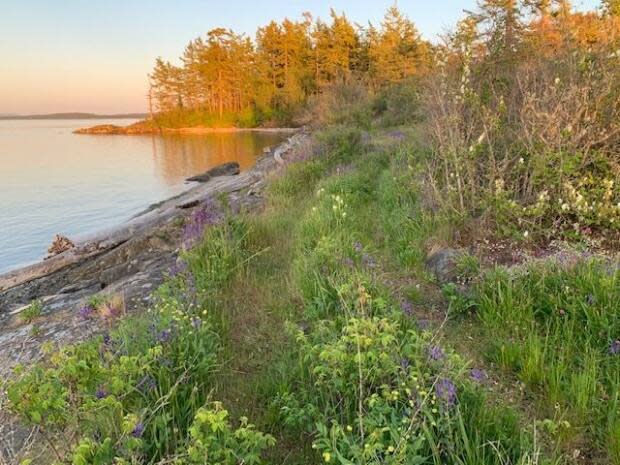
Tara Martin, a professor with the University of British Columbia's Faculty of Forestry, brought the island to the attention of the Land Conservancy. Martin says there aren't many like it left in the Salish Sea.
"This island is an ecological and cultural jewel," Martin said. "Most of our islands have been developed."
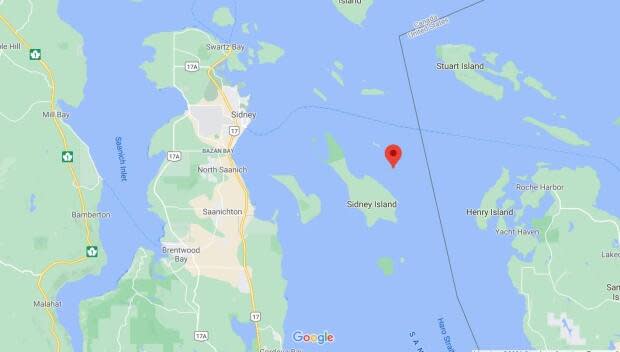
Native fauna and flora
Only a few islands still have their original wildlife and floral, Martin says, and SISȻENEM is one of them.
Martin, who grew up in the area, says she must have gone past the island in a boat hundreds of times. One day she got to meet its owner, a recluse who had lived there for nearly 50 years.
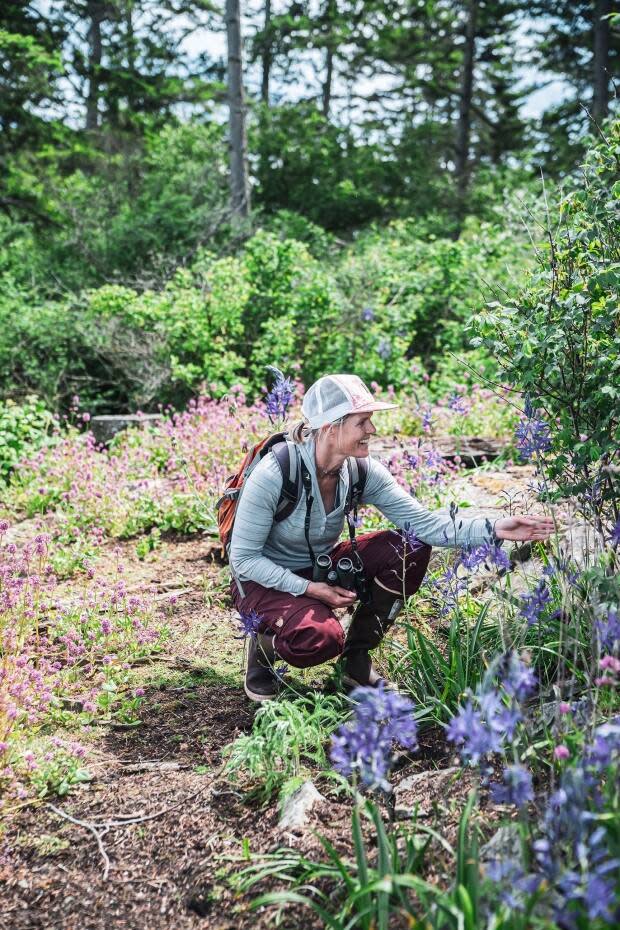
Martin says when she found out the owner had passed away and the island was for sale, she applied to conduct a full ecological survey.
She found the island contains plants that used to cover the larger Gulf Islands hundreds of years ago.
'Into into the past'
She says the island is one of the few remaining Garry Oak ecosystems on the South Coast.
"It's a complete window into the past," she said.
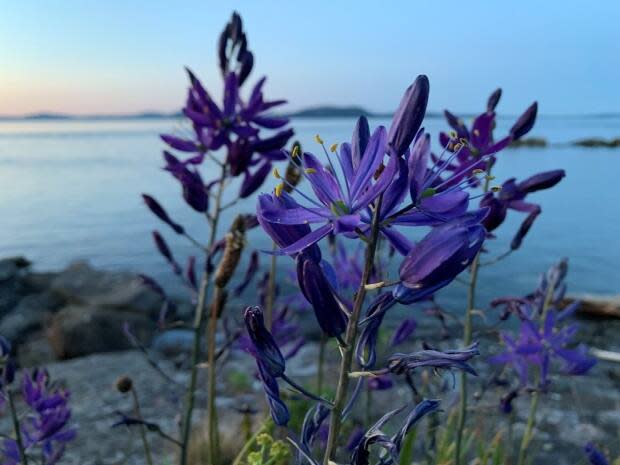
Some of these plants on the island include camas, which the W̱SÁNEĆ used to harvest, as well as traditional medicines. The W̱SÁNEĆ also used the island to fish for cod.
W̱SÁNEĆ elder SELISLIYE (Belinda Claxton) said in a written statement that she remembered going from island to island when she was a child.
"It was so natural and so pleasant to be able to see that when I was a child," Claxton said. "This is the sort of experience I want my children and my grandchildren to have."

